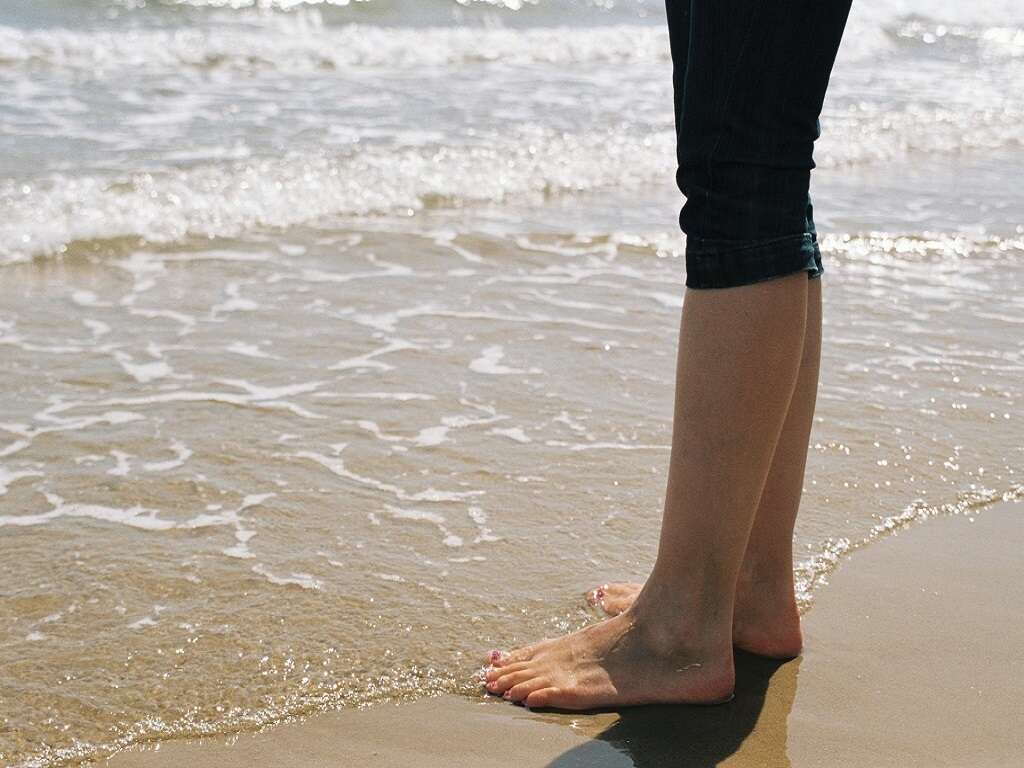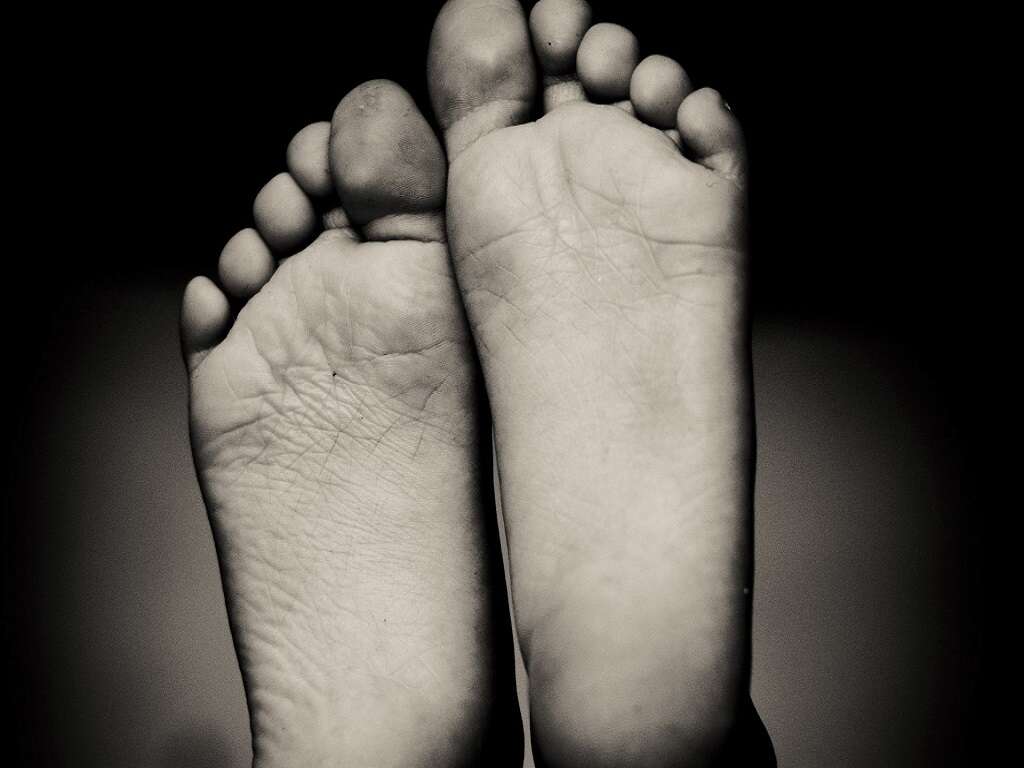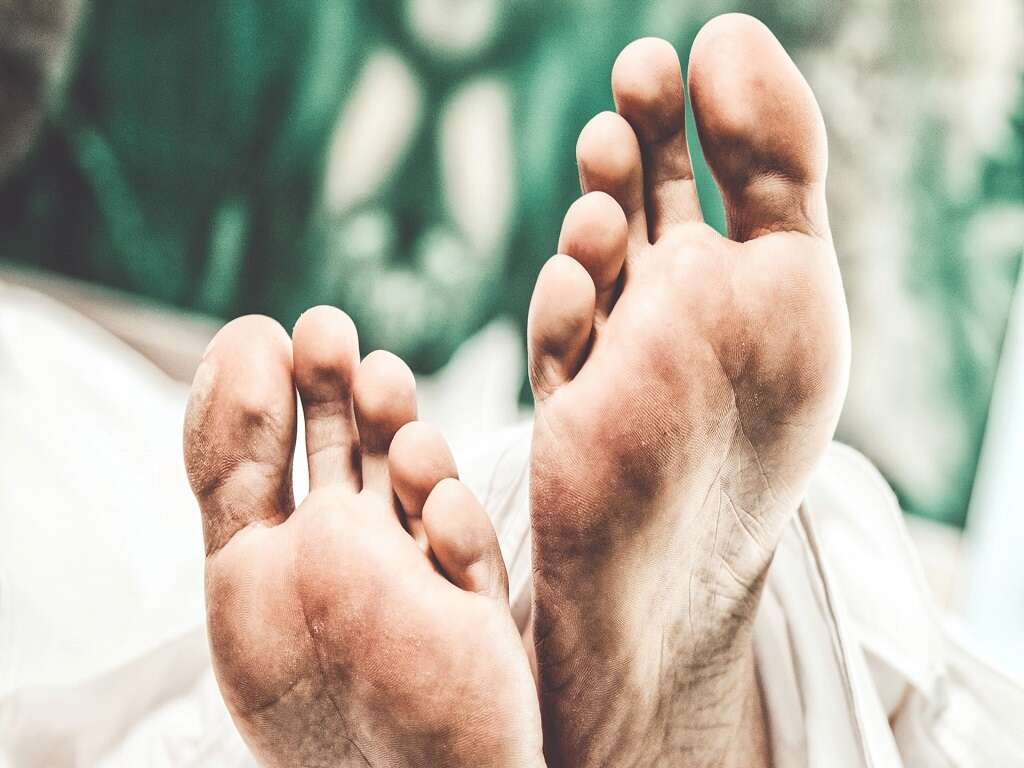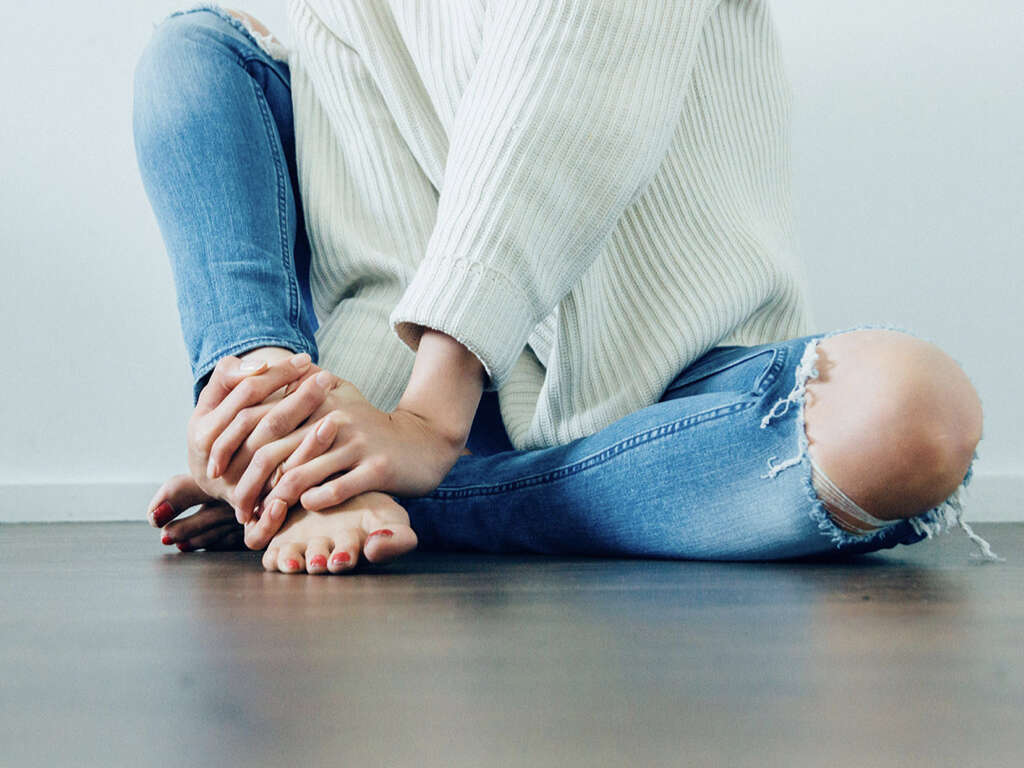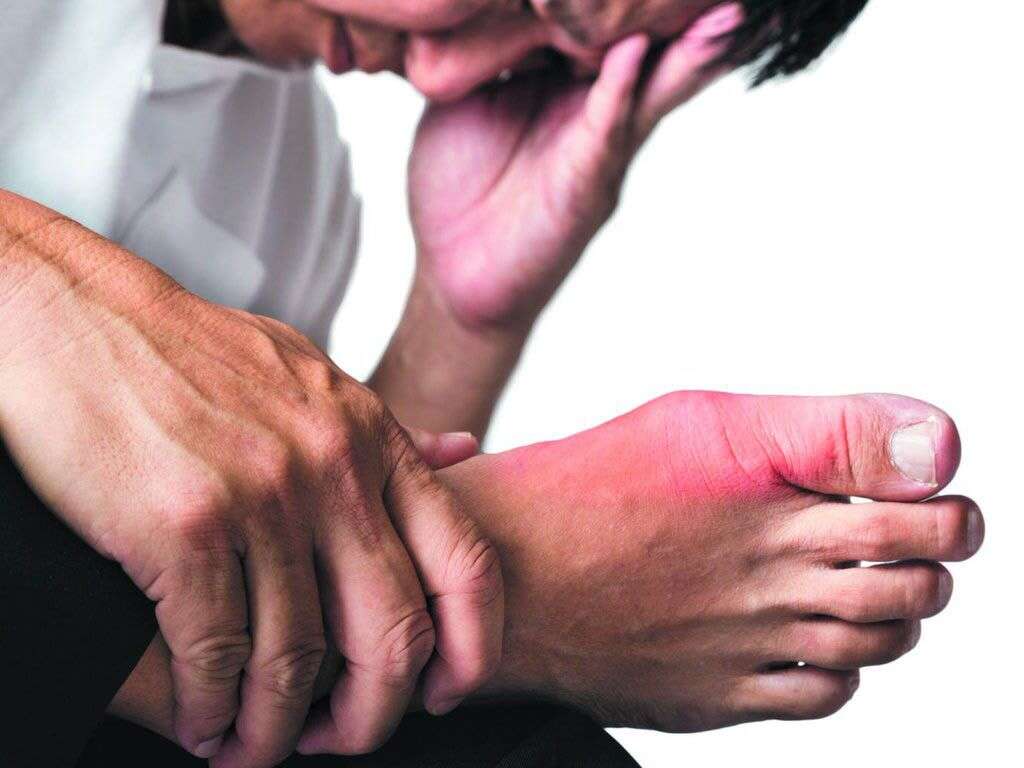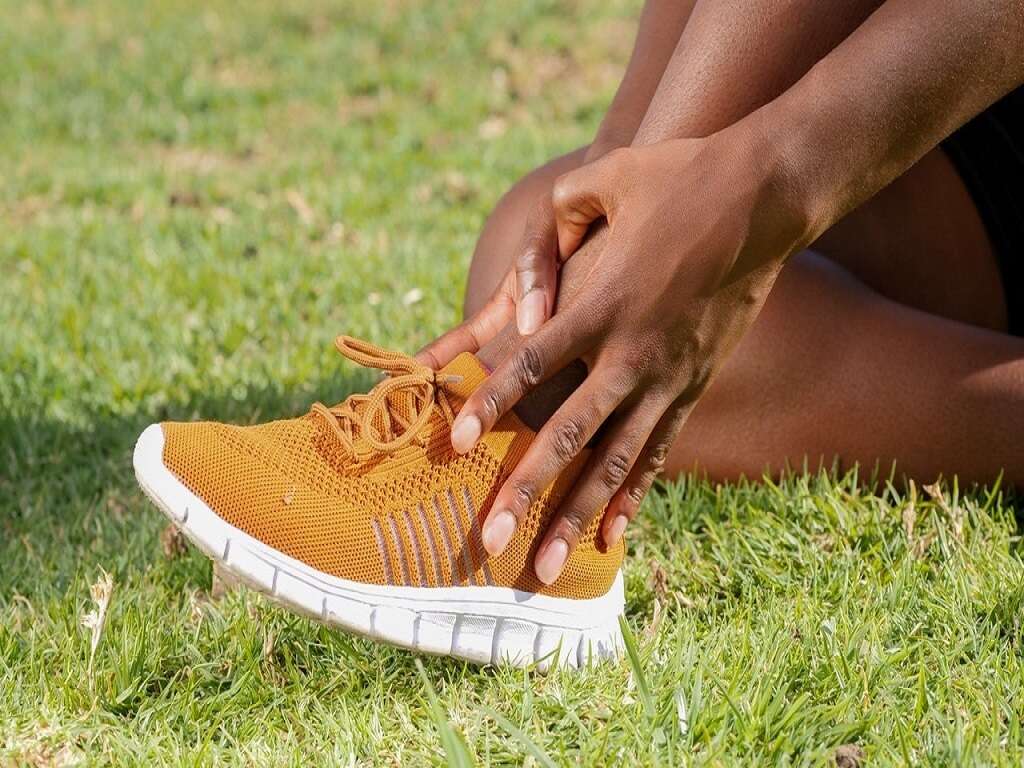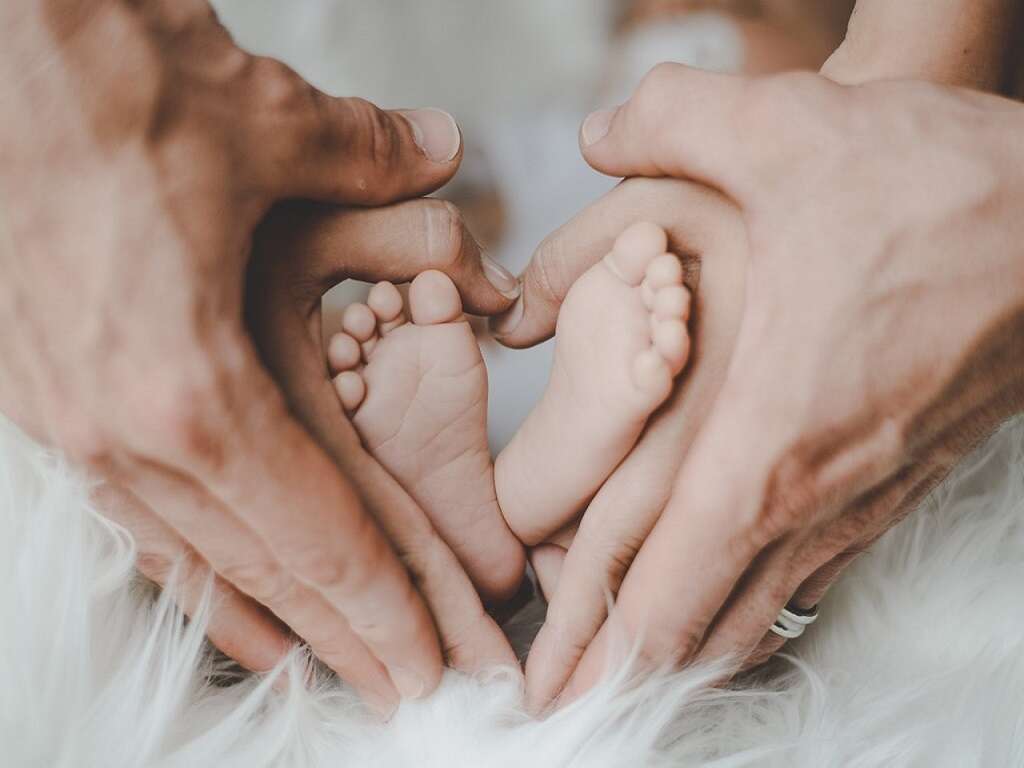Toe Cramps Causes, Treatments & More
Toe cramps are the sudden, involuntary contraction of one or several toes.11. ‘Muscle Cramp.’ Mayo Clinic, Mayo Foundation for Medical Education and Research, 3 Mar. 2021, www.mayoclinic.org/diseases-conditions/muscle-cramp/symptoms-causes/syc-20350820 Cramping can occur in almost any part of the body, but the toes are a commonly affected area. A recent study showed at least half of participants had experienced cramps in their toes.
People who experience cramping in their toes may have other symptoms at the same time, or they may experience cramping alone. Toe cramps have several causes, and treatment depends on the reason behind the cramping. Although uncomfortable, cramped toes are usually harmless, with few exceptions.
Tight or Weak Muscles
Muscles that are too tight or weak are prone to cramping. Although the toes themselves are often to blame, surrounding muscles could also be the culprit. Toe cramps can also stem from tight or weak muscles in the foot, ankle or calf.
Exercise or prolonged periods of standing can cause weak muscles to cramp. The toe muscles can also become too tight when held in the same position for a long time. For example, sitting cross-legged or with feet tucked beneath the body for extended periods can cause toe muscles to cramp.
Injury to the Foot or Leg
A muscle injury to the foot, calf or any area of the leg can cause toe cramps. Cramping is most common in sprains, but it may also happen after overextension or bruising the area.
Dropping something on the toes or striking the foot against an object can lead to cramping. Toe cramps may happen directly following the trauma. Cramping may also happen hours or even days after the trauma, especially at night.
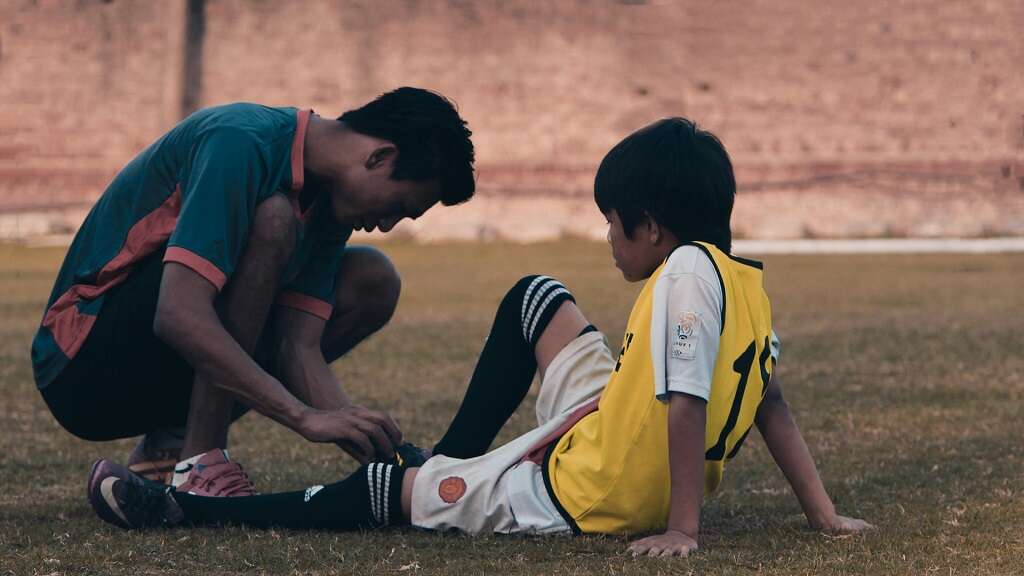
Wearing the Wrong Shoes
Choosing the right shoes goes beyond making a fashion statement. Shoes are important because they offer the feet support and protection against various injuries. Wearing the wrong shoes can have the opposite effect and directly cause toe cramps or other issues.
High-heel shoes can be a culprit of toe cramps in women. It's important for people to find shoes that support the natural arch of their feet. Shoes shouldn't be too tight or loose. It's also important to routinely replace old shoes as needed.
Restless Leg Syndrome
Restless Leg Syndrome, sometimes known as RLS, can cause several problems in the legs, feet and toes. Alongside cramping, this syndrome may cause tingling, numbness, and other strange sensations. Symptoms of RLS are almost exclusively felt at nighttime. The general exception is that symptoms may also present during long periods of rest during the day.
Restless Leg Syndrome isn't well understood by doctors. Although it can be annoying, RLS is otherwise harmless.
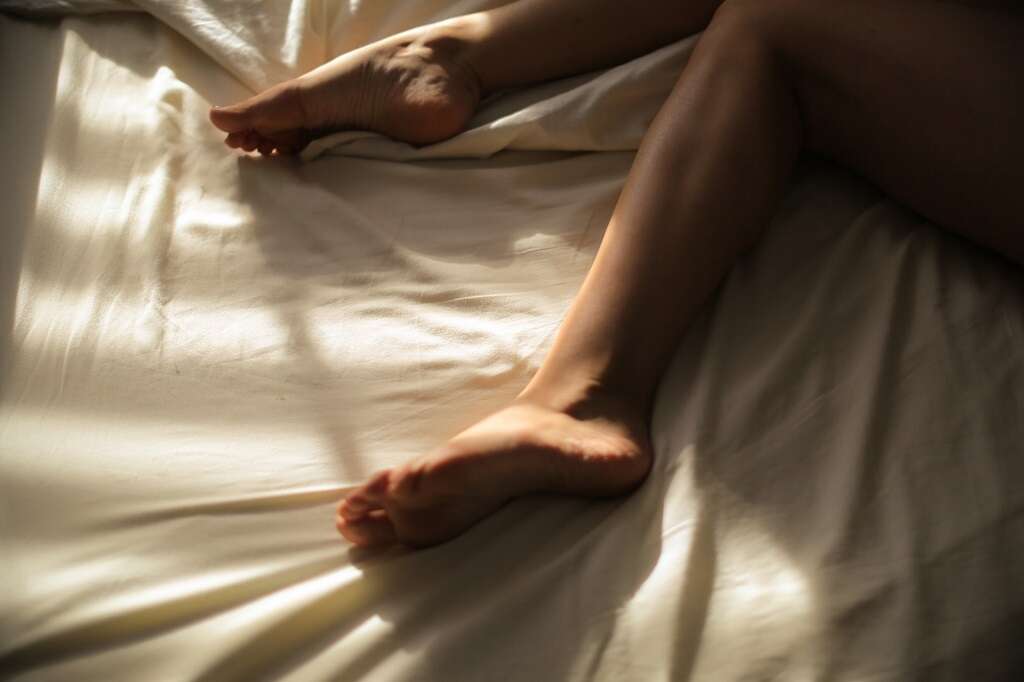
Dehydration or an Electrolyte Imbalance
Dehydration, or not drinking enough water, can lead to toe cramps. Dehydration is likely to be an aggravating factor when the toes or surrounding area are weak, tight or injured.
The body thrives best with well-balanced electrolytes. Electrolytes include potassium, calcium, sodium and magnesium. When the body has too much or too little of an electrolyte, it can cause cramping in the toes and other parts of the body.
Nerve Damage
The medical term for nerve damage is neuropathy. When nerve damage affects the foot, it can present as cramping, numbness, tingling, or even a burning sensation. Several diseases and syndromes can cause nerve damage.
One of the most common is diabetes, which may also present with other symptoms, such as increased urination, sudden weight changes, and increased thirst. Another cause of nerve damage is Parkinson's Disease, which is a movement disorder affecting the nervous system.
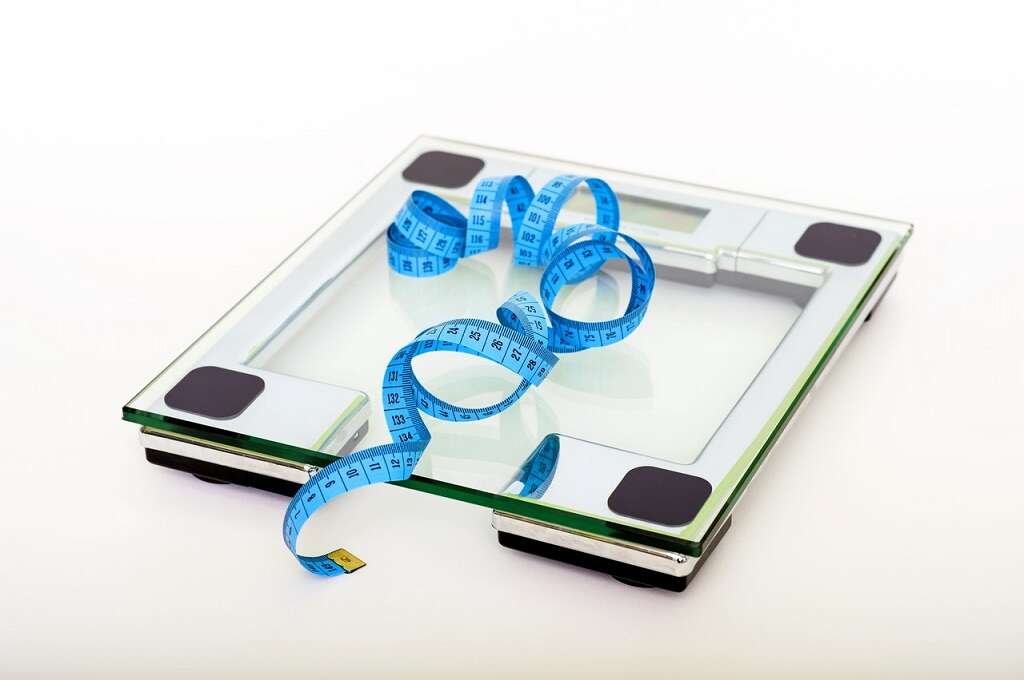
Inadequate Blood Flow
Inadequate blood flow is usually temporary and not cause for alarm, except in rare cases. Sitting on the foot or clenching the toes for prolonged periods of time can cause inadequate blood flow. Sitting with crossed legs may also be a cause.
Although less common, diabetes or peripheral artery disease can cause inadequate blood flow. Peripheral artery disease is a condition that causes the body's arteries to narrow, which restricts blood flow.
Home Remedies for Toe Cramps
There are many home remedy options for toe cramps. Stretching and massaging the toes is an easy remedy that can be done anywhere. If the cramp is severe or doesn't fade with stretching, an ice pack can be applied to the afflicted toes.
Toe cramps that don't get better with home treatment may warrant a trip to the doctor. If an underlying disease or illness is to blame, it may need to be treated or managed before cramps subside.
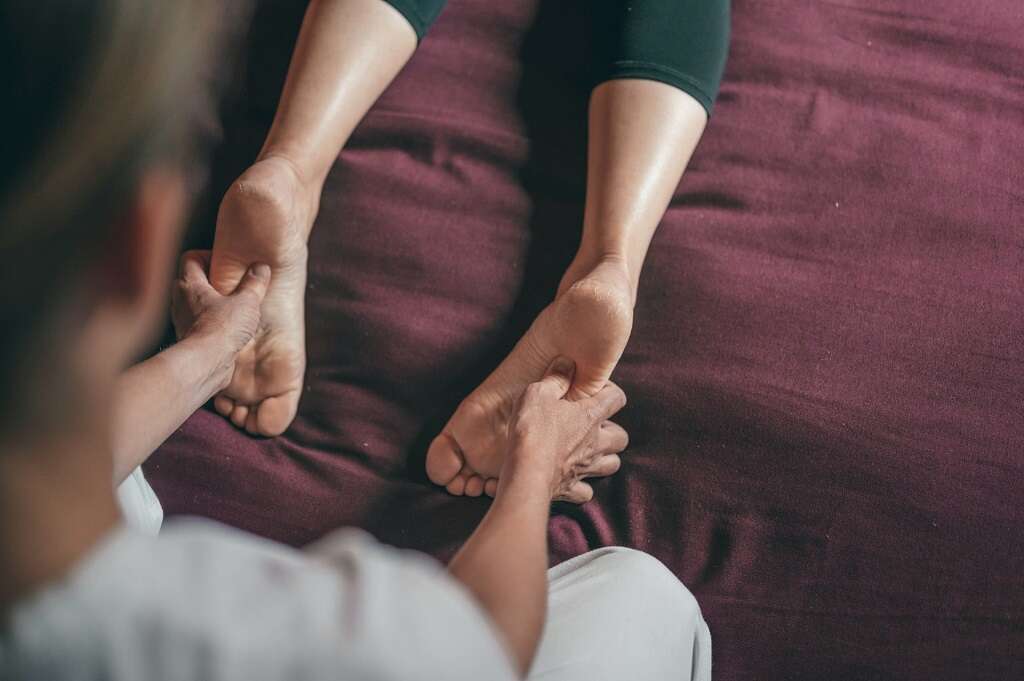
Preventing Toe Cramps
Preventing toe cramps from happening is the best option. People prone to cramps should avoid high heels, platforms or ill-fitting shoes. Instead, people should try to find shoes that support the foot's natural arch that aren't too tight or loose.
To prevent toe cramps, people should avoid sitting cross-legged or with feet tucked beneath the body. Staying hydrated and keeping up electrolytes are also important when hoping to prevent cramping in the toes.
When To See a Doctor
Toe cramps are usually nothing to worry about alone. People who are experiencing other symptoms alongside their cramps, however, should see a doctor. Other symptoms might include burning, tingling, itching or numbness in the toes, feet or legs.
Toe cramps alongside increased thirst, frequent urination, and sudden weight fluctuations also indicate a person may want to see a doctor. These can be signs of diabetes, which is incredibly harmful if left unchecked.




